

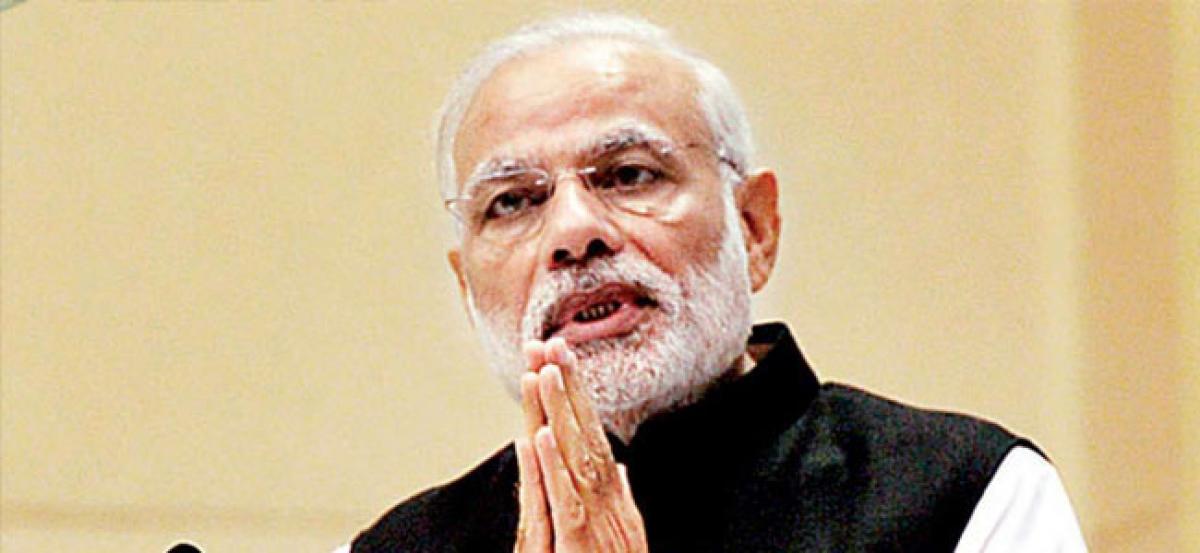
A delegation of BJP MPs met with Prime Minister Narendra Modi to express their concerns about the recent Supreme Court observation on identifying the creamy layer within the SC and ST communities. Following the meeting, Modi reassured the MPs of the NDA government's continued commitment to the welfare of these communities. This meeting came after Justice B.R. Gavai suggested that states should develop policies to identify the creamy layer and exclude them from reservation benefits.
Narendra Modi Meets BJP MPs Over Supreme Court's Creamy Layer Observation
Background:
The Supreme Court of India has been considering the issue of "creamy layer" within the Scheduled Caste (SC) and Scheduled Tribe (ST) communities. The concept of creamy layer refers to individuals from these communities who have achieved a certain level of financial success and education, and are no longer considered socially and economically disadvantaged.
In a recent observation, Justice B.R. Gavai suggested that states should develop policies to identify the creamy layer and exclude them from reservation benefits. This observation raised concerns among BJP MPs, who represent constituencies with a large number of SC and ST voters.
Meeting with Prime Minister:
A delegation of BJP MPs met with Prime Minister Narendra Modi on August 25, 2023, to discuss their concerns about the Supreme Court's observation. According to sources, the MPs expressed their apprehension that the creamy layer identification could lead to a reduction in reservation benefits for deserving SC and ST candidates.
Modi's Reassurance:
Prime Minister Modi reassured the MPs that the NDA government remained committed to the welfare of the SC and ST communities. He reportedly said that the government would work with state governments to ensure that the interests of these communities are protected.
Top 5 FAQs and Answers:
1. What is the creamy layer concept?
Creamy layer refers to individuals from marginalized communities who have achieved a certain level of financial success and education, and are no longer considered socially and economically disadvantaged.
2. Why is the Supreme Court considering this issue?
The Supreme Court is examining whether the creamy layer concept should be applied to SC and ST communities to ensure that reservation benefits reach the most deserving candidates.
3. What was the Supreme Court's observation?
Justice B.R. Gavai suggested that states should develop policies to identify the creamy layer and exclude them from reservation benefits.
4. Why are BJP MPs concerned?
BJP MPs fear that the creamy layer identification could lead to a reduction in reservation benefits for deserving SC and ST candidates, who form a significant portion of their voter base.
5. What has Prime Minister Modi said about this issue?
Prime Minister Modi has reassured BJP MPs that the government remains committed to the welfare of SC and ST communities, and that their interests will be protected.
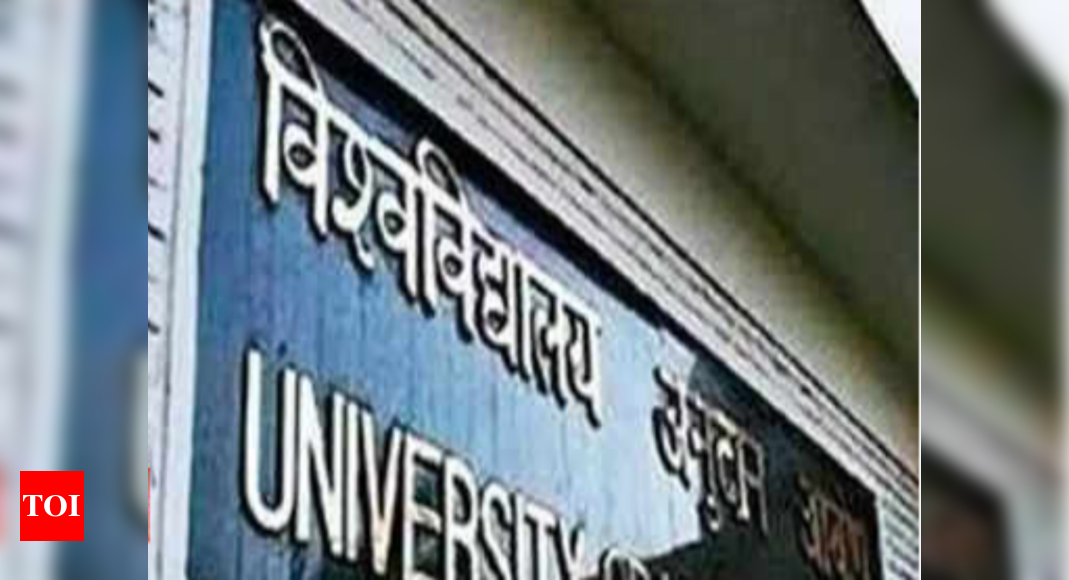
Union Minister of Education Dharmendra Pradhan has released the draft guidelines for the UGC (Minimum Qualifications for Appointment of Teachers and Academic Staff in Universities and Colleges and Measures for the Maintenance of Standards in Higher Education) Regulations, 2025. These new regulations aim to bring flexibility, inclusivity, and excellence in faculty recruitment and career progression in Indian higher education institutions. They also align with the goals of the New Education Policy-2020 (NEP-2020) and place emphasis on Indian languages and interdisciplinary backgrounds. Additionally, the guidelines include specialized recruitment pathways for fields such as Yoga, Music, Performing Arts, Visual Arts, Sculpture, and Drama to attract the best talent and preserve India's cultural heritage.
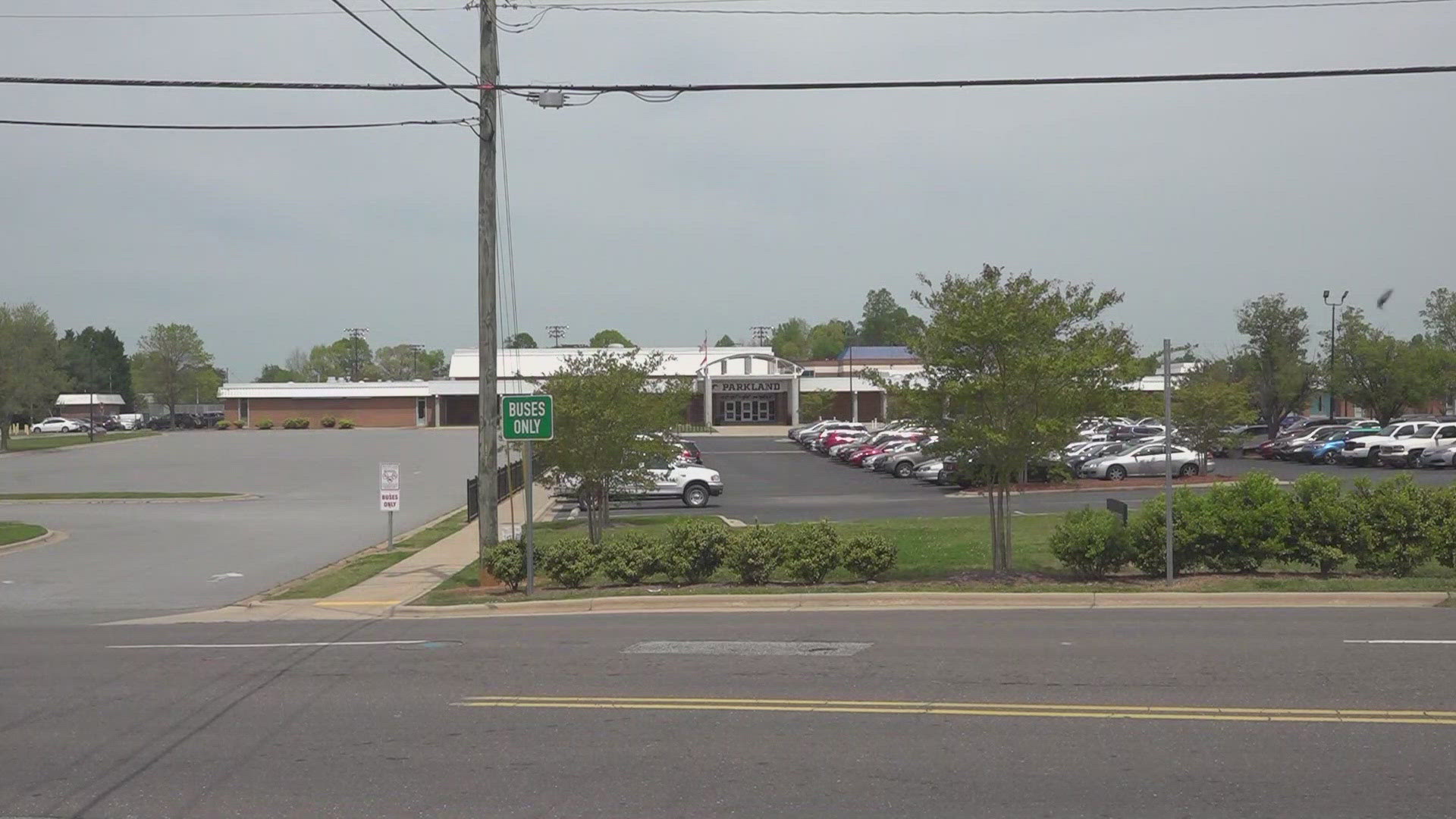
Hickman, a former Parkland High School student, is scheduled to appear in Forsyth Superior Court for slapping a teacher and making threats towards her. The incident was captured on a viral video which showed the teacher remaining calm as she was assaulted and verbally abused. Hickman's case was continued by Judge Aaron Berlin on Monday.
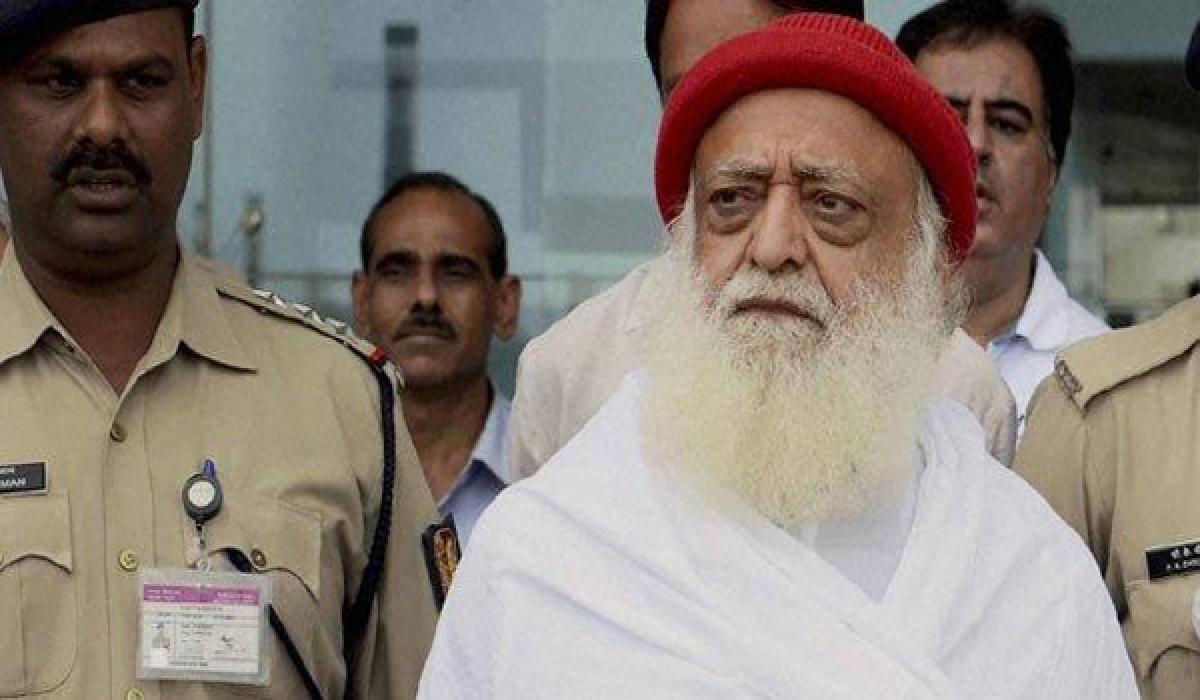
Self-styled godman Asaram, who was convicted in two separate rape cases, has been granted interim bail by the Supreme Court on medical grounds. However, the bail is only until March 31 and he will remain in jail as he has to obtain bail in another rape case. Asaram's request for bail was based on his deteriorating health condition, for which he had previously received treatment in Pune and AIIMS Jodhpur. The Supreme Court also ordered police officers to escort him to the hospital for treatment without imposing any restrictions on where he should go.
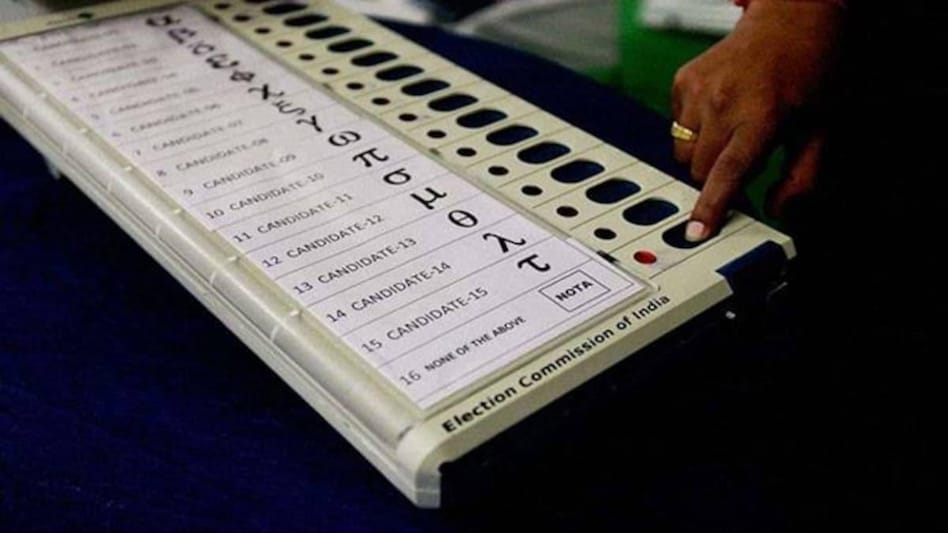
In response to concerns raised about discrepancies in voter turnout and vote counting, Chief Election Commissioner Rajiv Kumar clarified the process of EVM commissioning and security measures. He assured the public that EVMs are tamper-proof and backed his statements with court judgments stating that hacking or altering results is impossible. Kumar also explained the mock poll process done in the presence of election agents to further ensure transparency.
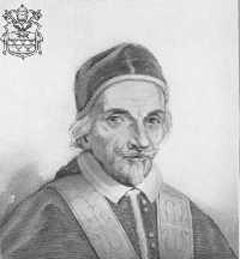
The life and papacy of Pope Innocent XI, previously known as Benedetto Odescalchi, was marked by his deep devotion to piety and his relentless efforts to reduce expenses and fight against nepotism in the Curia. He gained admiration from the people of Ferrara as a "father of the poor", and as pope, he faced challenges from Louis XIV of France on the issue of "Gallican Liberties" and ambassadorial immunities. Despite a long period of ill health, Innocent XI left a lasting legacy of selflessness and service, leading to his eventual beatification in 1956.
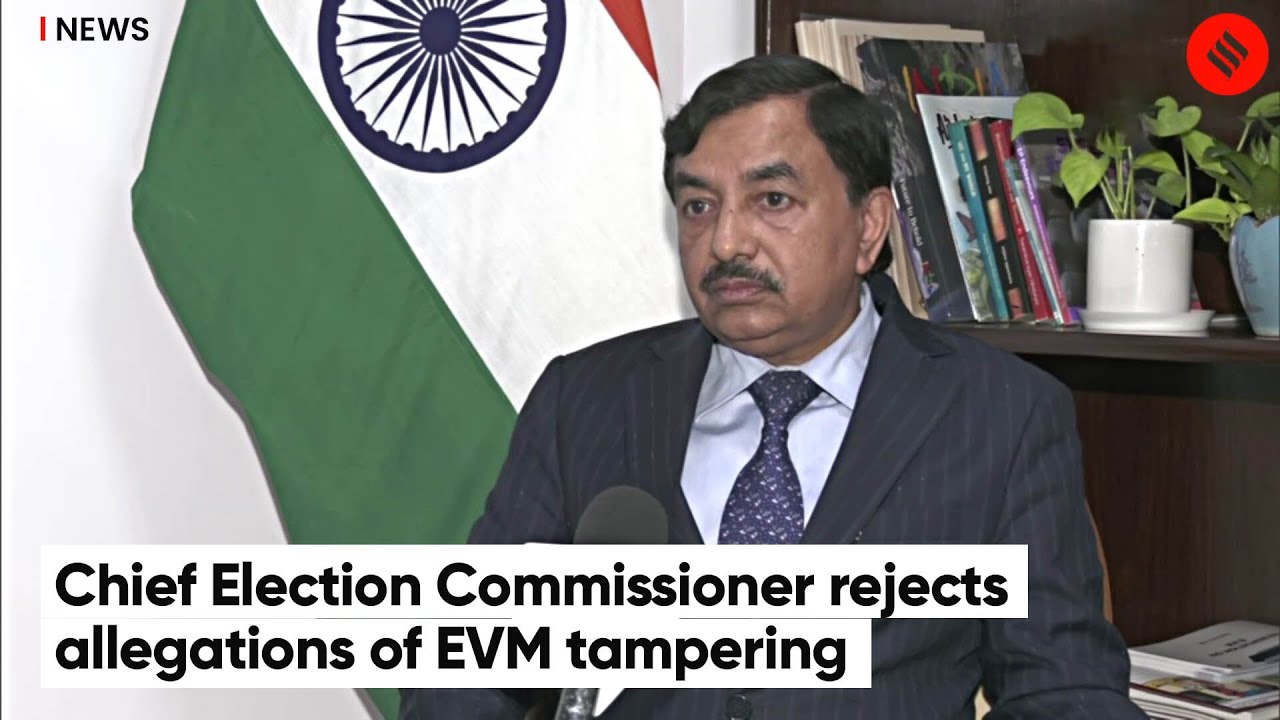
The Election Commission has put an end to speculation about electronic voting machine (EVM) manipulation, stating that the machines are tamper-proof and have consistently upheld the principles of fair elections. Chief Election Commissioner Rajiv Kumar also addressed concerns about alleged discrepancies in voter lists, asserting that the preparation of electoral rolls is a transparent process involving political parties at every stage. These announcements were made as the dates for the upcoming Delhi Assembly elections were announced, with polling to take place on February 5 and counting on February 8.
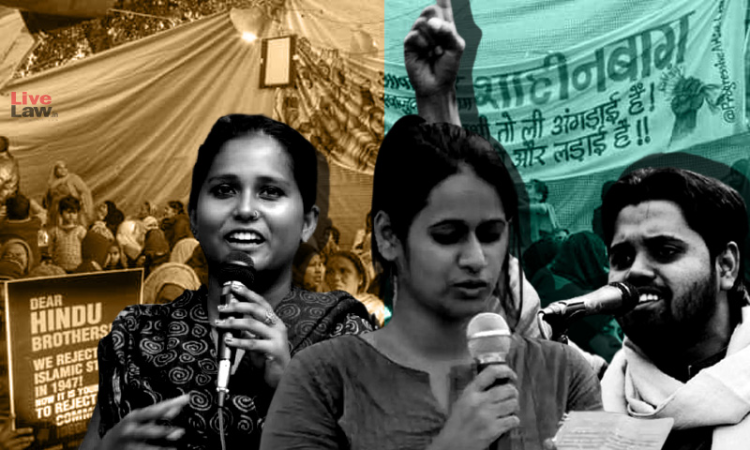
The Delhi Police has vehemently opposed the bail plea of accused in the Delhi riots case, citing the stringent provisions of the Unlawful Activities (Prevention) Act (UAPA). ASG Chetan Sharma argued that the accused were part of a clinical, pathological and planned conspiracy by forces inimical to India, and referred to Supreme Court verdicts to support his argument. The accused, including Umar Khalid and Sharjeel Imam, have been in prison for many years and have sought bail citing delay in trial. However, Sharma blamed them for the delay and argued that mere delay cannot be a ground for bail under UAPA.
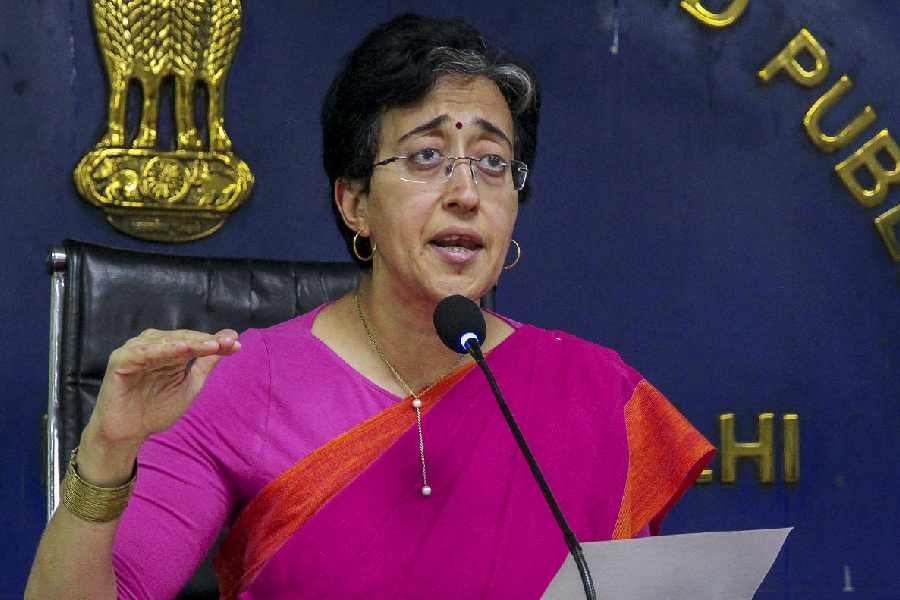
The Aam Aadmi Party (AAP) has accused the BJP-led Centre of taking away the official residence of Delhi Chief Minister Atishi by cancelling the allotment. In response, Atishi has stated that she is willing to work for the people of Delhi from the streets if needed. With the upcoming Delhi assembly elections in 2025, the Election Commission of India has announced the poll schedule, with voting taking place on February 5 and results on February 8. Furthermore, the Delhi CM's refusal to accept alternative housing options provided by the Public Works Department has sparked controversy and led to the cancellation of the offer.
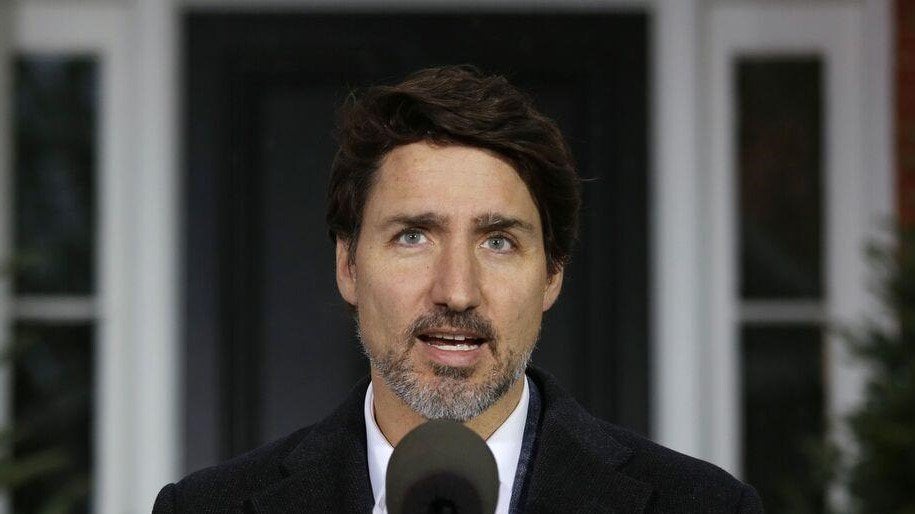
After nine years in office, Canadian Prime Minister Justin Trudeau announced his resignation as leader of the ruling Liberal Party. He cited the need for a "real choice" in the upcoming election and acknowledged the decline in his popularity due to issues such as inflation and housing crisis. A Liberal Party MP further explained that Canadian's fatigue with Trudeau played a role in his decision to step down.
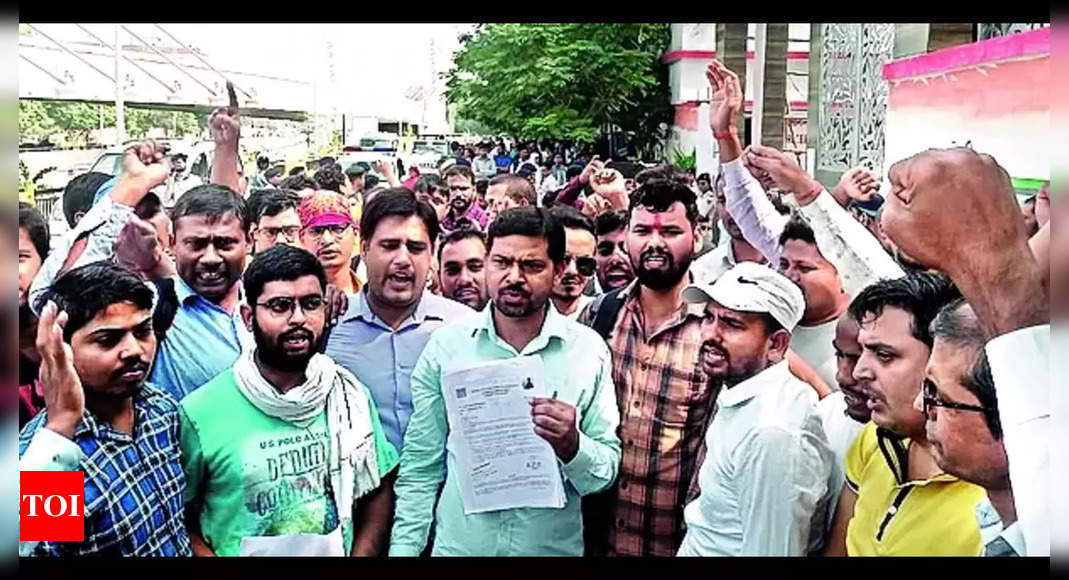
Patna District Magistrate, Dr. Chandrashekhar Singh, has defended the detention of 43 individuals, including political strategist Prashant Kishor, during protests over BPSC exams. Singh stated that the protest at Gandhi Maidan was illegal and despite warnings, protesters refused to vacate. An FIR was filed and 15 vehicles were seized. Verification has shown that 30 out of the 43 detained individuals were not students, and Dr. Singh has warned of strict action against any future illegal protests.